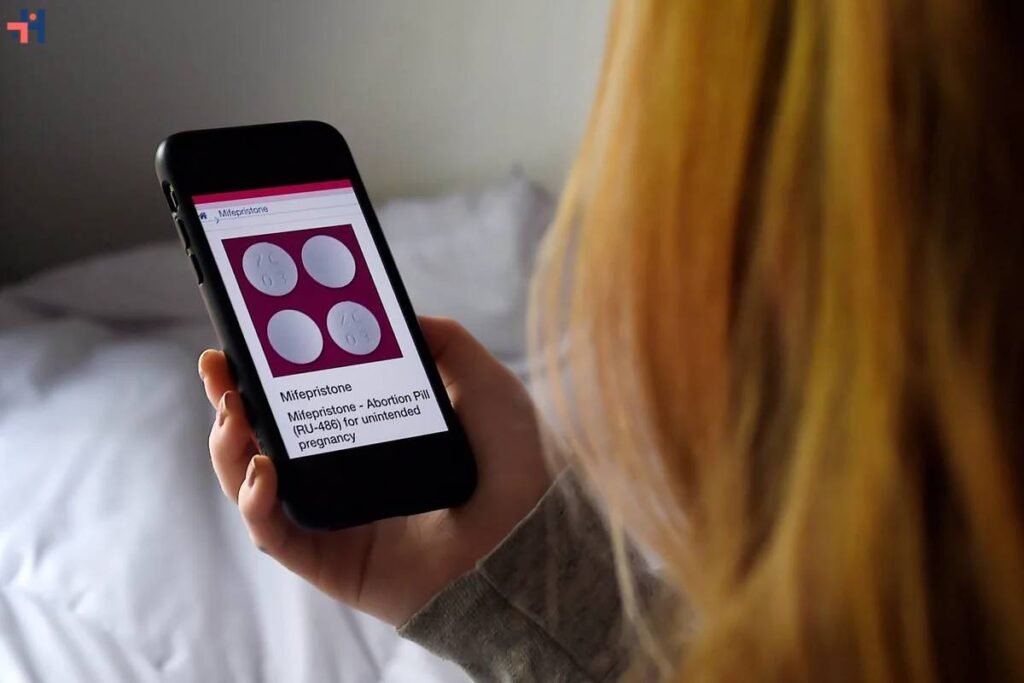A recent study published in Nature Medicine reveals that medication abortion, facilitated through telehealth connections, is just as safe and effective as in-person care. The study, conducted between April 2021 and January 2022, analyzed over 6,000 remote telehealth medication abortions. Remarkably, only 0.25 percent of patients encountered adverse outcomes like excessive bleeding or infection. Additionally, less than 2.5 percent experienced continued pregnancies. This research marks the largest study of at-home telehealth medication abortion to date.
Assessing Telehealth Approaches
Lead author Ushma Upadhyay, a quantitative public health scientist at the University of California, San Francisco, highlights the study’s findings, affirming that both synchronous and asynchronous abortion care were equally successful. Synchronous care involves real-time communication between the patient and healthcare professional via phone or video chat. Conversely, asynchronous care occurs without immediate interaction. The study’s results emphasize the safety and effectiveness of both approaches.
Expanding Access through Telehealth
Kelly Cleland, executive director of the American Society for Emergency Contraception, underscores the significance of asynchronous care in improving access to abortion services. Utilizing secure text messaging platforms for abortion care delivery proves beneficial, particularly for individuals residing in rural areas with limited internet access or facing threats of violence from intimate partners. The study reinforces the viability of asynchronous care as a secure and efficient option.
Critical Role of Telehealth Medication Abortion
Medication abortion, constituting over half of all abortions in the U.S., plays a pivotal role in healthcare accessibility, especially for individuals lacking easy access to abortion clinics or residing in regions where abortion is restricted. With the ongoing challenges posed by COVID-19 waves and increasing limitations on care options, experts anticipate a rise in the percentage of medication abortions in the country.
Understanding Telehealth Medication Abortion Process
Typically, medication abortions involve the sequential administration of mifepristone and misoprostol. Mifepristone, at a dosage of 200 milligrams, inhibits the release of the hormone progesterone, while misoprostol, with doses up to 1,600 micrograms, induces uterine emptying. Despite their proven safety over more than two decades, both drugs, particularly mifepristone, have faced regulatory challenges and scrutiny. This trend persists even after the Supreme Court’s 2022 decision overturning Roe v. Wade in Dobbs v. Jackson Women’s Health Organization.
As the debate around abortion rights continues, the evidence from this study underscores the importance of telehealth in expanding access to safe and effective abortion care.









